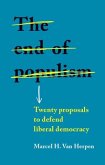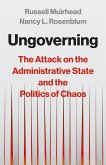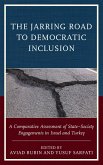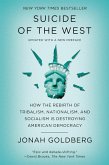Friend, enemy; loyalist, traitor: politics today seems caught in the grip of a binary reduction machine. Bidding us either with or against our neighbors as though we were already combined in, and owed allegiance to, mutually external, nameable collective entities - 'communities', 'nations', 'races' - denominations in general. Beginning with an examination of processes ('routines') of denomination in Northern Ireland, Maurice Macartney examines the era of Empire and enslavement to show that similar processes were at work then in 'viceregally' arranged structures for the authorization and organization of the violence of hostility and of indifference to the suffering of others. Macartney then brings the analysis up to date, arguing that the hostility of populism and the indifference of the global market overlap to intensify the violence unfolding today. Finally, taking seriously the Copernican revolution of nonviolence, for which the enemy is not 'the enemy', but violence itself, the book calls for a different kind of combination, for the coming together of a 'community of others', commoners on the one common, working, for all our differences, toward the democratic empowerment of everyone in the neighborhood, in an equitable, sustainable, 'neighborhood democracy' that would open beyond hostility, beyond denomination, beyond all boundaries.
Bitte wählen Sie Ihr Anliegen aus.
Rechnungen
Retourenschein anfordern
Bestellstatus
Storno









